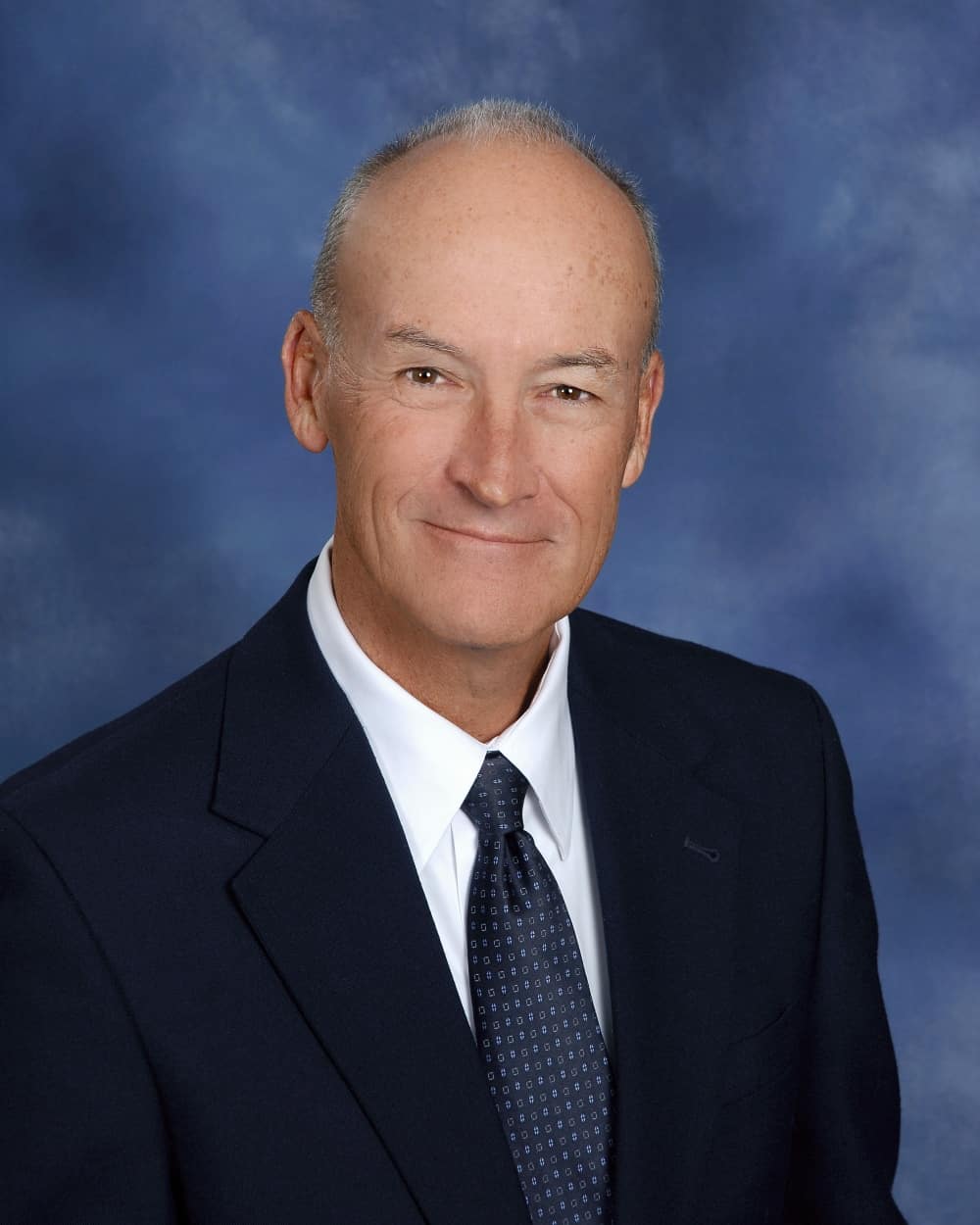Helping Seniors Navigate the Stress of Aging

By Rob Crankshaw, Ph.D.
The elderly are confronted with many challenges as they age. Many of those challenges are obvious and relatively easy to address. For instance, as mobility becomes more limited, a walker might be prescribed. Failing memory can be helped by written reminders, medication dispensers, and memory-enhancing exercises like crossword puzzles.
However, there are often deeper psychological worries that are more difficult to see but are relatively easy to address once we become fully aware of them. The main solution for these challenges is to get the older person to talk about it – to give voice to their worries. The second component is listening to them and gently helping them to see their worries in a new light. In the darkness of our mind’s fear, worry and shame grow and begin to dominate. It is as we bring those concerns into the open and shine the light of truth on them that they begin to disappear or at least shrink to manageable proportions.
Some of these worries of the elderly are:
- A perceived loss of status in the eyes of others
- Financial concerns
- A sense of disappointment in not reaching one’s goals
- A deep sense of failure as a parent when grown children experience joblessness, drug addiction, divorce, etc.
- Perceived reduced sexual attractiveness and potency
- Illness and disability in spouse and others that triggers anxiety about caretaking or loss
- Not so much the fear of death, as the fear of disability, pain, and dependency
As a loved one of an elderly person, we develop an intuition about their concerns. It is important to recognize that and have confidence that we can address their fears. The elderly often feel anxiety about disability or dependency and may either suppress it with denial (trying not to think about it), distraction (joking, or focusing on past stories which they may tell over and over), or by withdrawing from interpersonal relationships. By bringing up a dreaded topic, we may help our elderly loved ones successfully work through it.
There are two important skills in the helping process: listening and responding. Listening involves truly focusing on a person, not interrupting, and grasping both the content and emotion they are expressing. This should be done without imposing our own experiences or viewpoints upon what they are saying. Many of the elderly feel they are no longer listened to, that their ideas and feelings do not matter. So clearly, listening to the elderly is a critical helping tool.
How we respond is also important. There are no easy answers to the worries that aging brings our way. What anyone most needs to hear between the lines is that we truly value and care for them. When an aging person expresses a sense of failure or regret, it is helpful to let them know what they mean to us, that we love them just as they are and not for what they have accomplished or what they have. Recalling pleasant memories, reminding them of the times they acted with courage, wisdom, and caring, and bringing their attention to the small pleasures of daily life can be helpful. Instructions that start with, “you should…”, or “you need to….” will be much less helpful than statements beginning with, “what I most enjoy about our time together is…” and, “what I have always loved about you is…”
When they are discouraged, many elderly become selective in focus— remembering only the negative things that have happened in their lives, or focusing only on the things that they can no longer do. It can be helpful to gently point out this tendency and ask if this is the way they want to think. While this technique can be effective, the determining factor is how it is communicated. We all know how to phrase things that communicate caring, understanding, and patience. We also know that we can make “helpful” suggestions that produce resistance, hurt feelings, and withdrawal in our loved ones. This will only accomplish further feelings of isolation and despair.
We all want to know that we are valued. Reassure your parent that you love and respect them and that they will be taken care of for the rest of their lives. One tendency of people talking to the elderly is to coddle them and speak to them in a singsong baby talk. Others tend to be overly commanding toward parents as if they have become your child. This intensifies the feeling that they have lost respect and dignity. Talk to them in the same tone of voice that you would use with a close friend.
We do not have all the answers to the process of becoming old, however, we can be helpful to those around us struggling with those issues. If after trying careful listening and responding, you feel that your loved one is still experiencing deep fears, seek the advice of a physician, licensed counselor, or pastor.
The symptoms of growing old are familiar and somewhat universal, and how people handle and think about those symptoms can cause stress in varying degrees. Listening and responding effectively can go a long way in helping the elderly navigate those rough waters.
 Rob Crankshaw, Ph.D., was the VP for Youth & Family Services at Advent Christian Village for many years. He holds a Ph.D. from Florida State University and is a licensed marriage and family therapist. In his role at ACV, he offered counseling for members of the community and has developed programs for youth including weekend retreats for foster children and Leadership Development Training for high school students. He continues to offer counseling services to members on a private basis. Rob retired from ACV in 2016.
Rob Crankshaw, Ph.D., was the VP for Youth & Family Services at Advent Christian Village for many years. He holds a Ph.D. from Florida State University and is a licensed marriage and family therapist. In his role at ACV, he offered counseling for members of the community and has developed programs for youth including weekend retreats for foster children and Leadership Development Training for high school students. He continues to offer counseling services to members on a private basis. Rob retired from ACV in 2016.


